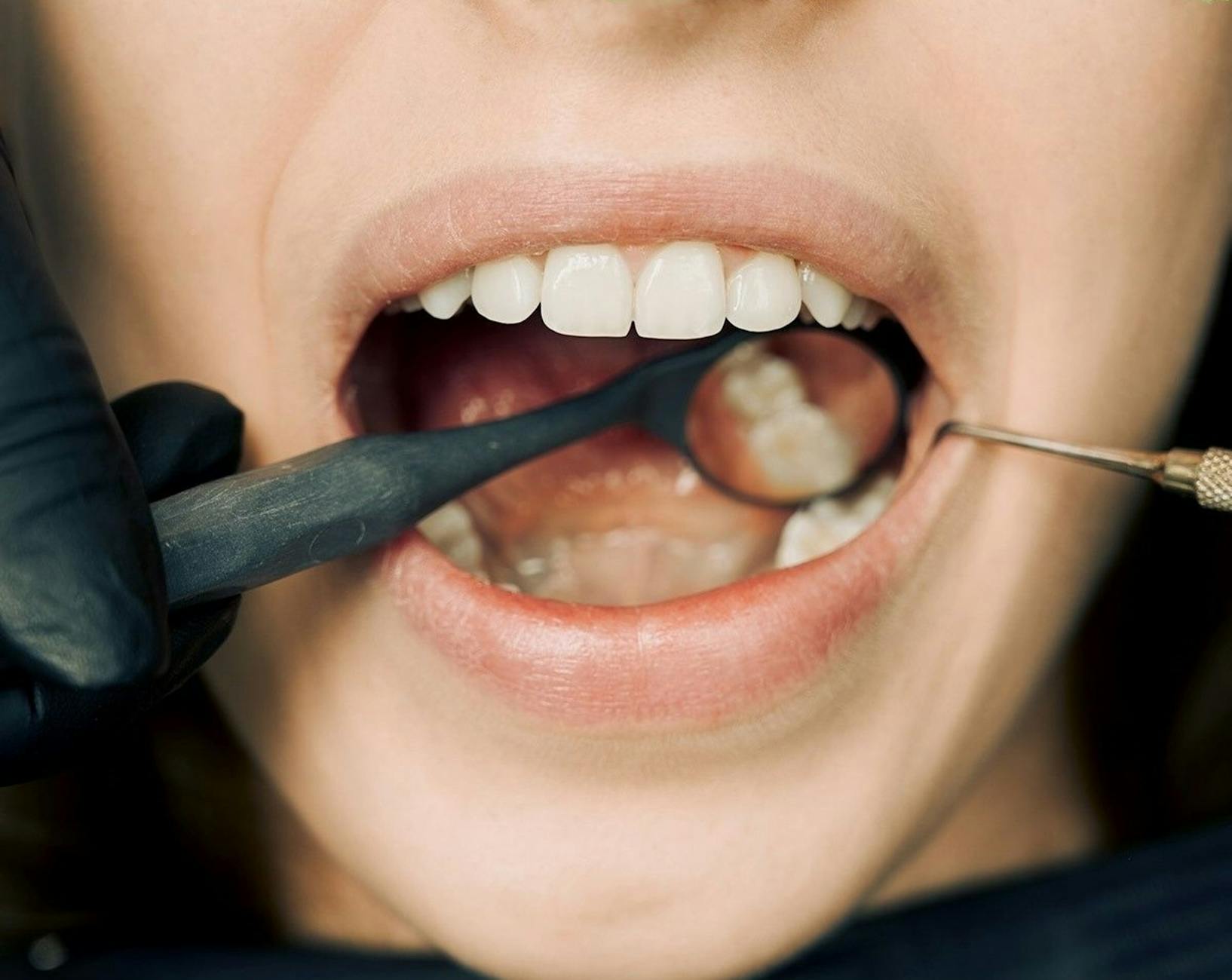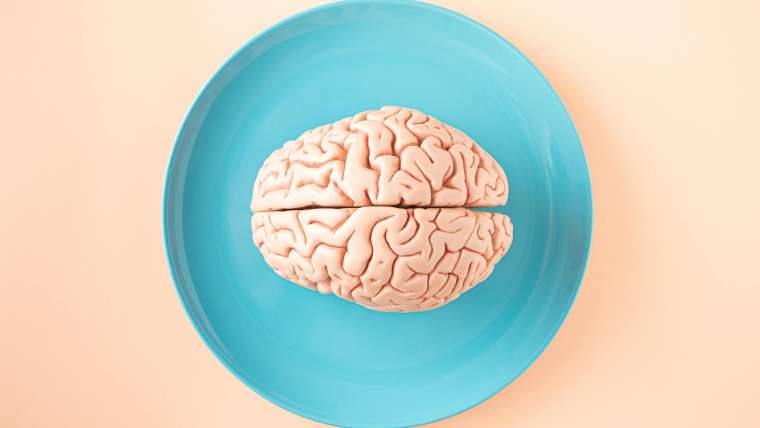Discover the secrets to overcoming yeast infections and finding relief in this comprehensive guide. Say goodbye to discomfort for good!
Table of Contents
Dealing with the discomfort of a yeast infection can be frustrating and overwhelming. But fear not, there are steps you can take to find relief and get back to feeling like yourself again. In this comprehensive guide, we will explore the causes of yeast infections, common symptoms to watch out for, and effective treatment options to help you reclaim your comfort and confidence.
Understanding Yeast Infections
Yeast infections are caused by an overgrowth of the fungus Candida albicans, which is naturally present in the body. However, certain factors such as antibiotics, hormonal changes, and a weakened immune system can disrupt the balance of bacteria and yeast in the body, leading to an overgrowth of yeast and the development of an infection.
Signs and Symptoms
Common symptoms of a yeast infection include:
- Itching and irritation in the vaginal area
- Swelling and redness
- Pain or discomfort during urination or sexual intercourse
- Thick, white discharge with a cottage cheese-like texture
If you are experiencing any of these symptoms, it is important to consult with a healthcare provider for an accurate diagnosis and treatment plan.
Treatment Options
Home Remedies
Some individuals find relief from yeast infection symptoms by using home remedies such as:
- Applying plain yogurt to the affected area
- Taking probiotic supplements
- Avoiding tight-fitting clothing and synthetic fabrics
- Practicing good genital hygiene
While these home remedies may provide temporary relief, it is essential to consult with a healthcare provider for a proper diagnosis and treatment plan.
Prescription Medications
In cases of recurrent or severe yeast infections, a healthcare provider may prescribe oral antifungal medications or longer courses of treatment to effectively manage the infection. It is crucial to follow the prescribed treatment plan and attend follow-up appointments to monitor progress and prevent future infections.
| Chapter | Topic | Summary |
|---|---|---|
| 1 | Understanding Yeast Infections | Explains what yeast infections are, common causes, and symptoms |
| 2 | Diagnosis and Treatment Options | Discusses how yeast infections are diagnosed and various treatment options available |
| 3 | Prevention Tips | Provides actionable tips on how to prevent yeast infections from recurring |
| 4 | Natural Remedies | Lists natural remedies that can help alleviate yeast infection symptoms |
| 5 | Recommended Products | Recommends specific products that can effectively treat yeast infections |
Prevention Tips
While yeast infections are common and can be uncomfortable, there are steps you can take to reduce your risk of developing an infection:
- Maintain good genital hygiene
- Avoid scented feminine products
- Wear breathable cotton underwear
- Limit the use of antibiotics when possible
- Eat a balanced diet and stay hydrated
By incorporating these prevention tips into your daily routine, you can help maintain the natural balance of bacteria in the body and reduce your risk of developing a yeast infection.
Final Thoughts
Yeast infections can be uncomfortable and disruptive, but with the right information and treatment plan, you can find relief and get back to feeling like yourself again. Remember to consult with a healthcare provider for an accurate diagnosis and personalized treatment options to effectively manage and prevent yeast infections in the future. Take charge of your health and well-being, and reclaim your comfort and confidence.
FAQ
Question 1: Can yeast infections be passed between sexual partners?
Answer 1: While yeast infections are not considered sexually transmitted infections, they can be passed between partners through sexual contact. It is essential for both partners to undergo treatment to prevent reinfection.
Question 2: Are yeast infections common in men?
Answer 2: Yes, men can also develop yeast infections, although it is less common. Symptoms in men may include redness, itching, and irritation on the genitals. Treatment options are similar to those for women.
Question 3: Can stress contribute to the development of yeast infections?
Answer 3: Yes, stress can weaken the immune system and disrupt the balance of bacteria in the body, making individuals more susceptible to yeast infections. Practicing stress-reducing techniques such as mindfulness and relaxation can help prevent infections.
Question 4: Are over-the-counter treatments effective for yeast infections?
Answer 4: Over-the-counter antifungal creams and suppositories can be effective for mild yeast infections. However, if symptoms persist or recur frequently, it is important to consult with a healthcare provider for a proper diagnosis and personalized treatment plan.





